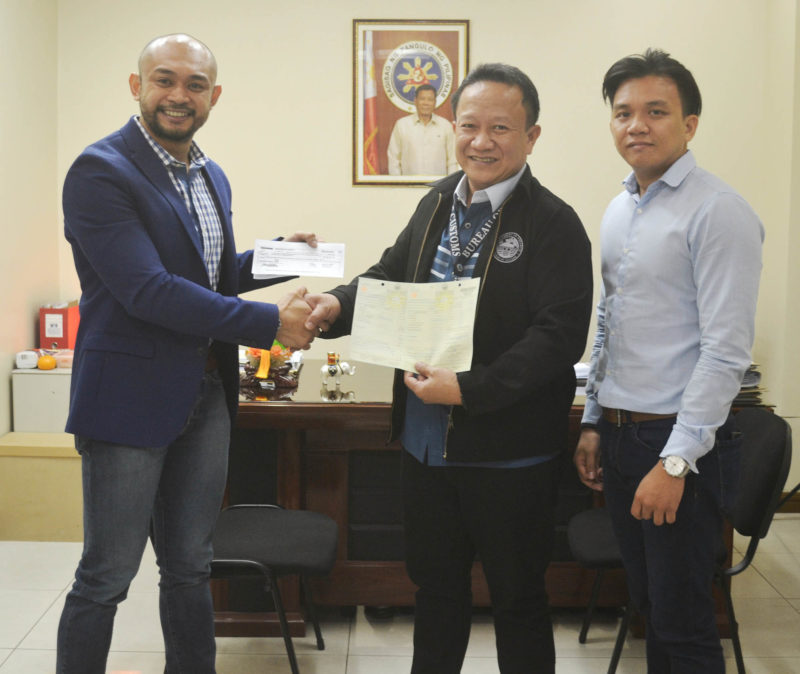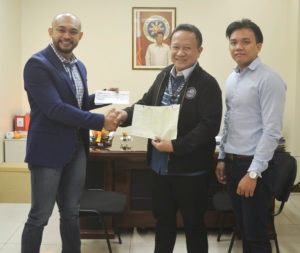

The Bureau of Customs (BOC)-Manila International Container Port (MICP) is encouraging importers, especially multinational companies, to voluntarily pay the higher excise tax on certain shipments under the new Tax Reform for Acceleration and Inclusion (TRAIN) Law, even if the BOC implementing rules and regulations on the higher levy have yet to be issued, MICP district collector Atty. Balmyrson Valdez told PortCalls in an interview on March 20.
Republic Act No. 10963 or TRAIN imposed new excise tax rates on certain sugar-sweetened beverages, and increased those on manufactured oils (petroleum products), cigarettes, mineral products and automobiles. The law took effect on January 1.
The first to heed BOC-MICP’s call was Mondelēz Philippines, Inc. The confectionery, food and powdered beverage company paid P542 million in excise taxes on its powdered beverage imports from January 1 to the second week of March.
Mondelēz is a member of the BOC’s Super Green Lane Plus program, which requires strict compliance, including payment of duties and taxes, by members that are multinational companies.
With Mondelēz’s initiative, other companies transacting with MICP have likewise signified their intent to pay the increased excise taxes, Valdez said.
Under the TRAIN law, the new rates are already provided for and can easily be computed even without the IRR which will only provide the payment procedures, according to Valdez. He pointed out that importers will have to pay the increased excise tax eventually.
Pending the issuance of IRR, companies wishing to pay the increased excise tax should contact BOC-MICP or the Office of the Commissioner, Valdez said.
He said BOC-MICP’s team of experts on assessment and excise tax will then reconcile and review the voluntary payments to ensure their accuracy. Eventually, Valdez said BOC’s systems will be updated to reflect the changes in excise tax.
Effect of TRAIN Law on collection
TRAIN’s adjusted excise tax rates are expected to boost BOC-MICP’s revenue collection by 5-10%, according to Valdez.
The voluntary payment of higher excise taxes by other importers will potentially help BOC-MICP reach its March revenue target of P13.917 billion, he said. The additional payments would be especially welcome since March collections have been negatively affected by the Chinese New Year when shipments are less due to the holidays, in addition to the month being part of the inventory period for exporters overseas, he added.
As a result, vessel calls in March are down to one or two a day compared with the usual four to five, the BOC-MICP district collector said.
Valdez assured that BOC MICP is implementing Customs commissioner Isidro Lapeña’s policy of facilitating trade for compliant traders, noting that as long as traders provide complete requirements and pay correct duties and taxes, “there will be no hassle.” – Roumina Pablo




